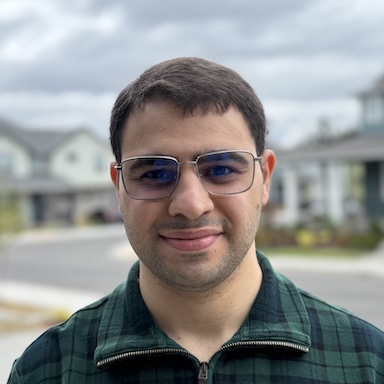


I'm a recent Computer Science graduate who takes pride in doing quality work, no matter the challenge.
I'm passionate about what I build, take ownership of my projects, and always look for opportunities to learn and improve.
Whether working independently or with a team, I strive to be thoughtful, reliable, and always growing.
My values are shaped by my Christian faith, which guides how I work—with integrity, humility, and a mindset of service.

As a Customer Support Specialist at Rippling, I developed deep expertise across the platform to deliver accurate, informed support to customers and internal teams. In this fast-paced, dynamic environment, I took ownership of customer issues end-to-end—responding promptly and professionally via email, chat, and video conferencing. I resolved product and service challenges by thoroughly understanding customer concerns, identifying root causes, recommending effective solutions, and ensuring complete follow-through.
As a Technical Expert at Apple, I combined extensive functional troubleshooting skills with my ability to inspire excitement around ownership across the Apple ecosystem — with a focus on iPhone. After conducting a thorough diagnosis, I enabled customers to select the best repair or upgrade option to meet their needs, and I performed repairs on iPhones and other Apple products as required. I also mentored Technical Specialists and frequently educated my team on service principles and guidelines to improve Same-Unit Repair (SUR) success rate and—by extension—the customer journey.

I collaborated with a team of four to design and build a full-stack web application that scrapes and parses student transcripts to automatically generate optimized course schedules based on graduation requirements and preferences. I developed the database schema, backend APIs, course prerequisites parser, and core scheduling algorithm. In addition, I managed project documentation, coordinated team meetings, maintained development tools, and presented the final product to a board of industry professionals.
View on GitHub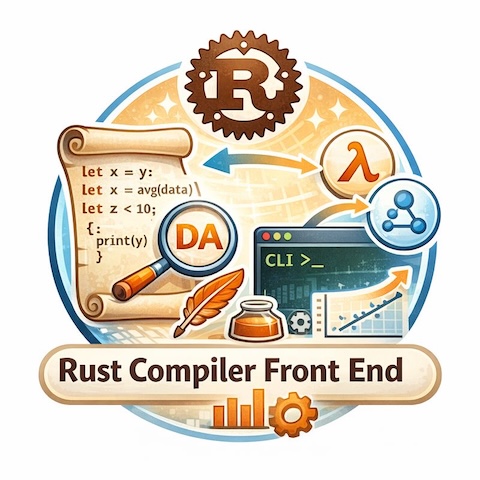
I developed a compiler front end in Rust for a domain-specific language (DA) used in data analysis workflows, implementing both a lexical analyzer and a recursive-descent parser. I designed error-handling logic to detect and report the first lexical or syntax error, following the "ostrich model" to ensure clean processing. Based on CLI flags, the compiler generated valid Scheme or Prolog code from parsed DA input, enabling downstream statistical operations like linear regression and correlation.
View on GitHub
I collaborated with a team of three to build a full-stack task management web application. I developed the backend using Node.js and Express.js, designing RESTful APIs to handle task operations. On the frontend, I used HTML, CSS, Bootstrap, and JavaScript to create a responsive and intuitive user interface. The application leveraged MongoDB for efficient data storage and supported full CRUD functionality for user tasks.
View on GitHub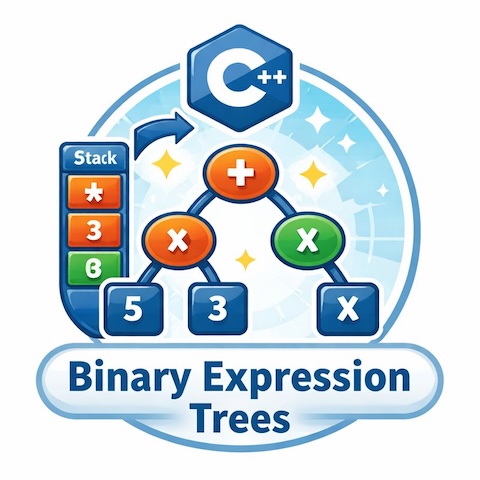
Using C++, I built binary expression trees from postfix algebra expressions by parsing tokens and constructing node-based tree structures with stack-based logic. I implemented recursive simplification routines using arithmetic rules, identity properties, and distributive transformations, ensuring correctness and memory safety through structured input validation and Valgrind testing.
View on GitHub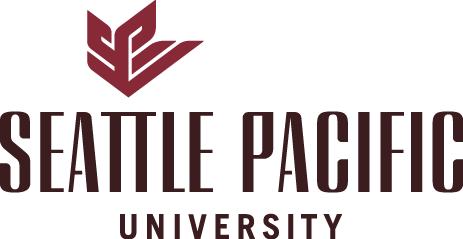

This certification demonstrates proficiency in designing and building cloud-based applications on Microsoft Azure. Key competencies include developing compute solutions with Azure App Service, Functions, and containerized apps; implementing secure and scalable storage with Cosmos DB and Blob Storage; integrating authentication and authorization using Microsoft Identity and Entra ID; and enabling observability through Application Insights. Also skilled in building event-driven and message-based architectures using Event Grid, Event Hub, Service Bus, and API Management.
View Certificate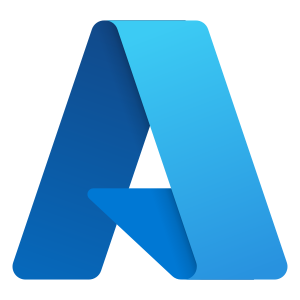 Microsoft Azure
Microsoft Azure
 Node.js
Node.js
 C++
C++
 Rust
Rust
 Python
Python
 MySQL
MySQL
 Assembly Language
Assembly Language
 MongoDB
MongoDB

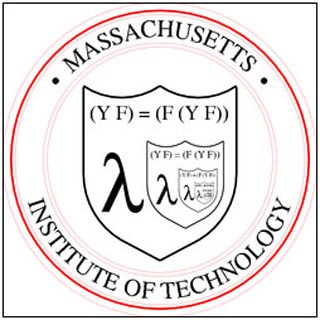 MIT-Scheme
MIT-Scheme
 SWI-Prolog
SWI-Prolog
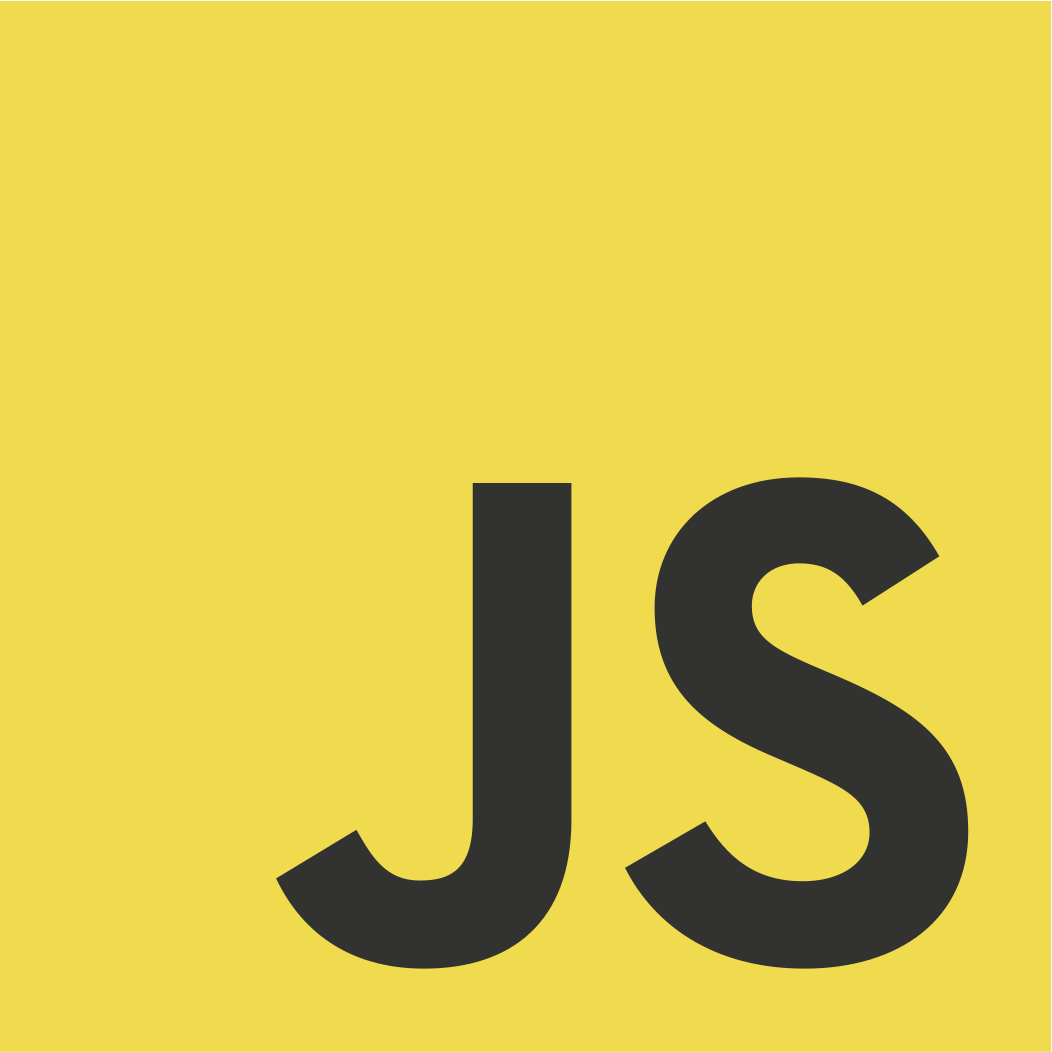 JavaScript
JavaScript
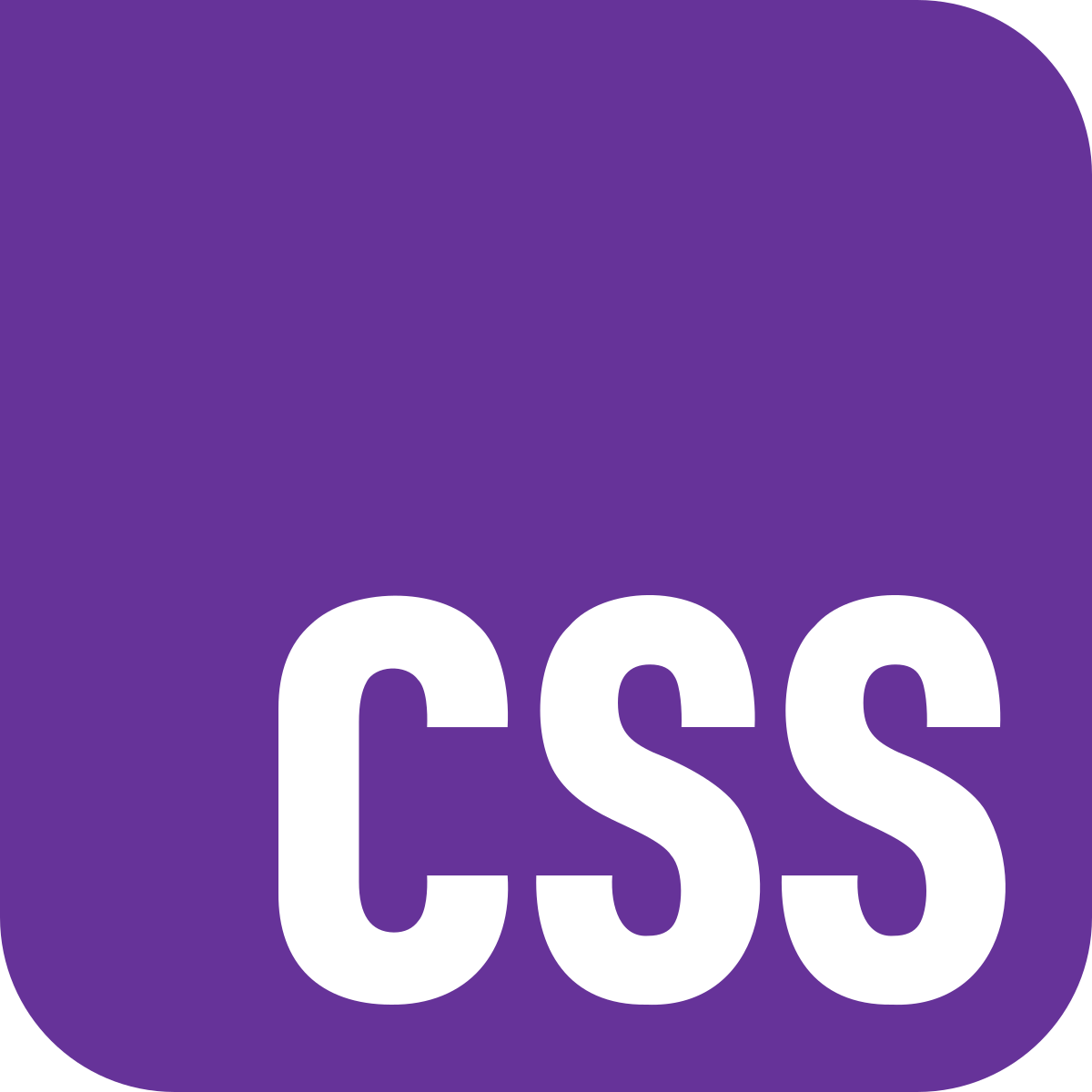 CSS
CSS
 HTML
HTML
 Docker
Docker
 Figma
Figma
 LucidChart
LucidChart
 Jira
Jira
 Confluence
Confluence
 Visual Studio Code
Visual Studio Code
